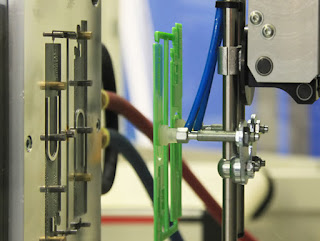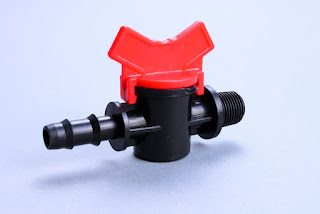All about the plastic injection process
Plastic injection has been a great success for many years. The reason it is so popular is that it has enough advantages, especially in the production of toys and household items, as well as the saving of raw materials. But what are we really talking about and what are the machines involved in this process?
Welcome to Injection Molding Solutions, the modern leader in plastic injection moulding. Our team at IMS has spent our whole professional careers working in the plastics business, and we would like to discuss the differences that have motivated us to excel. We stand out from competitors in the field thanks to these techniques of functioning.

What is plastic injection?
Plastic injection is a forming technique involving molds. It involves the heating of a material such as synthetic resin, which will be melted and conducted with a mold for cooling purposes. The plastic injection process is the basis for the continuous production of a large number of parts in various forms with complex profiles. Thus, the production of products and goods in several industries involves this technique.
How does an injection molding machine work?
The injection molding machine, which is used for the production of many parts, is usually not complicated to operate. It is necessary to place in the hopper these granules formed by 2 to 3 mm of plastic; regulate the temperature between 200° and 250° to soften it by using the friction of the screw (you can also use heating collars). This liquid material is led to the nozzle to be injected into the mold. It will be evenly distributed in the tooling cavity. There, the shape is defined. After cooling down and becoming solid, it will be subjected to the action of the ejection battery. In the following process, it will be recovered either in a tank or by a robot. At this stage, the machine closes before starting its endless cycle again.
What characterizes an injected part?
The plastic injection process produces many parts. These are characterized by main elements.
- The injection point: it represents the small opening through which the melted plastic enters to be then gradually spread in the details. It is, in other words, the injection point is the entry of the material that leads into the part. The injection point is the same as a web and is found on every plastic part that is injected. With the help of the injection molding maker, make sure that the injection point is located in the right place for the mold to be perfectly balanced. Generally, it is located either on the outside of the part, or in its center.
- Ejector tracks: for demolition after the cooling phase, the part is led through ejectors. These are guided by an ejector battery. All the force used in this process causes the ejectors to leave rectangular or round marks on the inside of the part.
- Parting line: This is formed when various moving parts of the tooling meet. It is then noticed that a line emerges at the height of the junction and all around the part.
- The drafts: during the design of the part which has certainly undergone deformations, the drafts will be essential for its walls.
Our plastics company operates in France as well as in Belgium. We accompany you from A to Z in your projects of design and injection of plastic parts with competitive prices for the mould. Our partner in France for injections is certified ISO 14001 and ISO 9001-V2015. So, do not hesitate to contact us for a quick quote.

Comments
Post a Comment